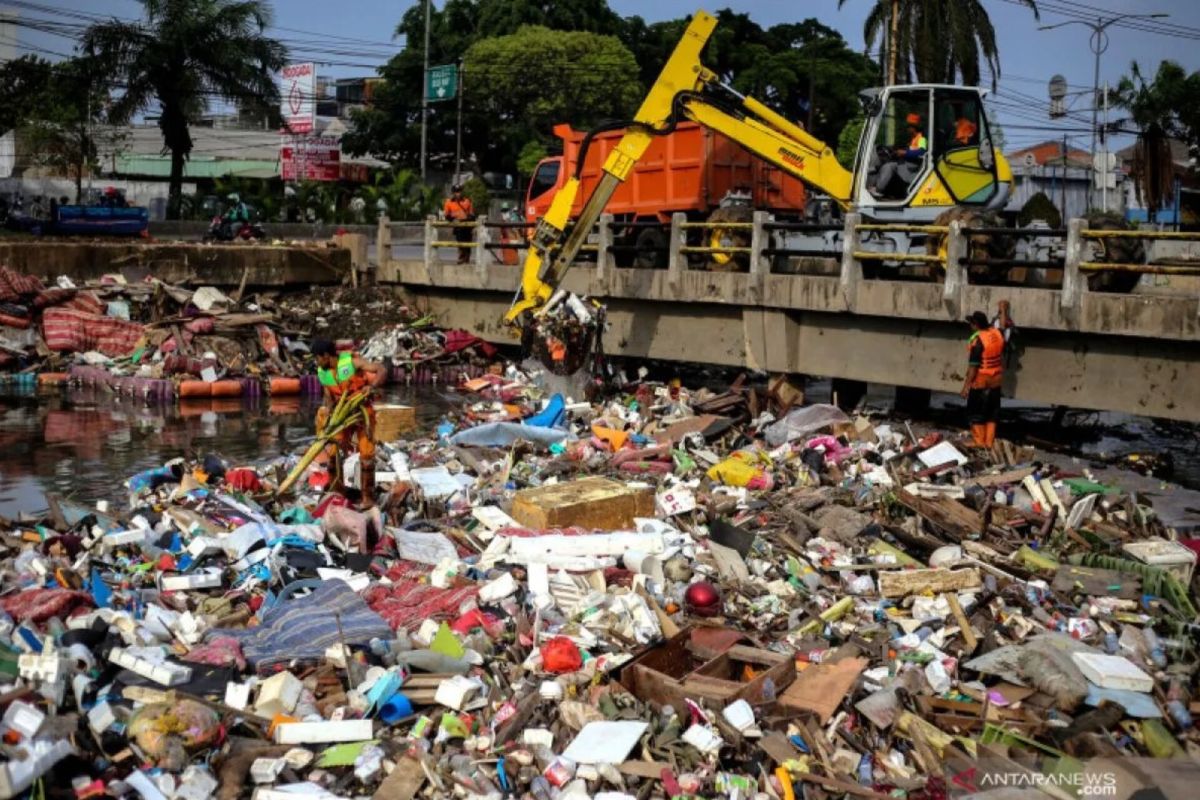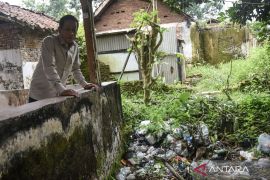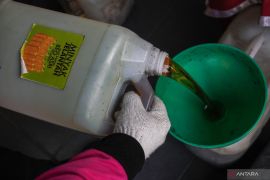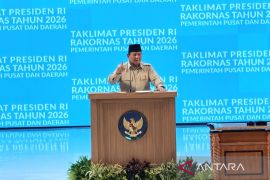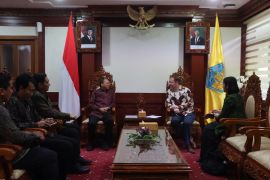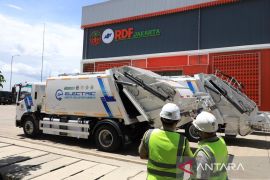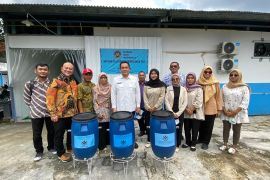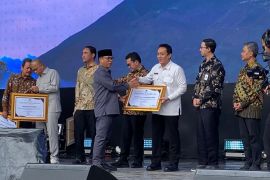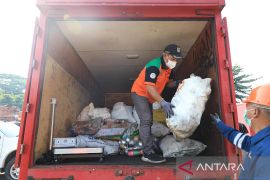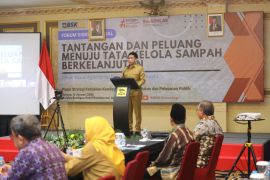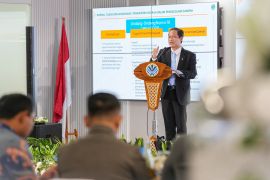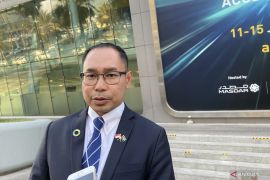During a discussion hosted by the WWF Indonesia Foundation on Thursday, the ministry's director of peat ecosystem damage control, Mohamad Noor Andi Kusumah, emphasized that waste poses a significant threat to the urban environment, especially amid continued population growth.
“One of the policies implemented in the short term was a warning letter issued by the Minister. This is a first-level administrative sanction sent to 309 district and city governments,” he noted.
He explained that the letter was sent by Minister of Environment Hanif Faisol Nurofiq to regional governments still operating landfills with open dumping practices.
Kusumah also added that the government plans to ban the import of plastic as a raw material for the recycling industry and will focus on optimizing plastic waste management in the country.
The plastic import ban presents an opportunity for various stakeholders in the country to begin improving recycling rates.
This is especially relevant considering that plastic waste constitutes the second-largest waste stream, making up 19.21 percent of the total 38.2 million tons of waste generated nationwide, according to data from the National Waste Management Information System (SIPSN) in 2023.
"We must manage our landfills properly. If regional governments do not want to be burdened with landfill issues, they must reduce waste at the source. Therefore, the policies of mayors and district heads must prioritize waste reduction at the source," he said.
One of the key steps to reduce waste at the source is to separate organic and inorganic waste at the household level, ensuring that organic waste does not end up mixed with other waste at landfills.
Related news: BRIN develops biogas-based food waste processing technology
Related news: Indonesia's Environment Ministry plans to end waste imports this year
Translator: Prisca Triferna, Raka Adji
Editor: Tia Mutiasari
Copyright © ANTARA 2024
